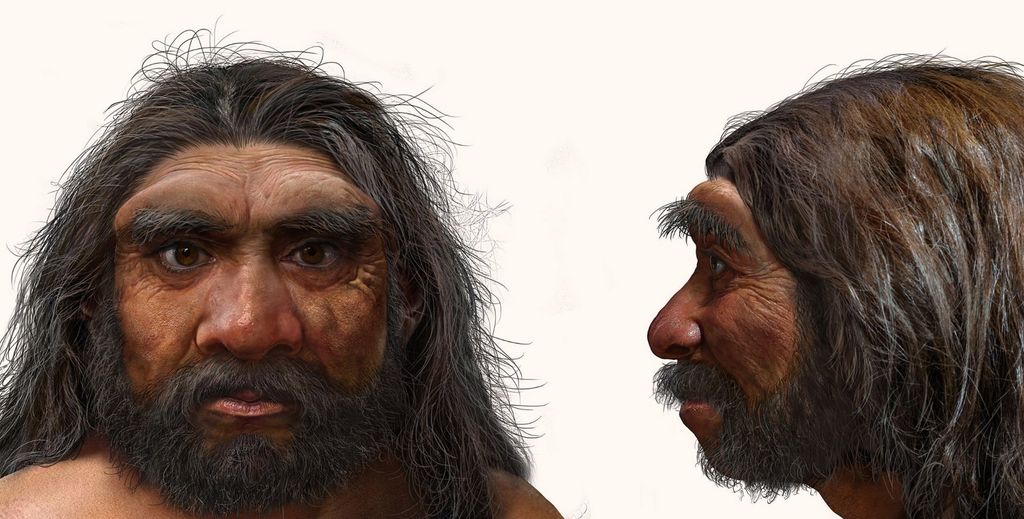Every so often, the fossilized discovery of a previously unknown human ancestor sends ripples around the world, as anthropologists and the public are mesmerized by a new window into the story of us. Will we learn more about how we came to be and who we are today, or what life was like for those who lived thousands or even hundreds of thousands of years ago?
The latest discovery, announced in June, was a skull found near China's Dragon River that dates back to more than 140,000 years ago. The massive fossilized cranium provides tantalizing clues into what humans looked like at that time, a period in East Asia in which there has been a gap in the human fossil record.

The large, long skull, belonging to an adult male with a robust brow line, had been hidden in a well by a Chinese man who found it in 1933 while doing construction work under occupation by the Japanese. Instead of telling Japanese officials about the skull, the laborer tucked it safely away, never speaking of it until divulging the secret to his family shortly before his death in 2018. The researchers who first analyzed and described the new specimen in three papers published in Cell have named its species Homo longi, nicknamed "Dragon Man," for the region of northeastern China where it was found.
How will the discovery of Dragon Man help us better understand human evolutionary history? What was his life like? And why are there so few human fossils from his time and region of the world? The Brink asked Christopher Schmitt, a Boston University College of Arts & Sciences assistant professor of anthropology and biology, and an expert in evolutionary biology and paleogenomics, to walk us through the significance of Dragon Man.






